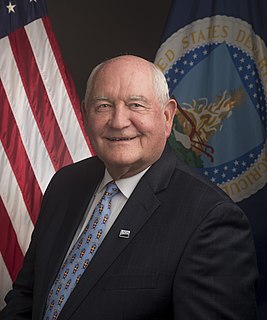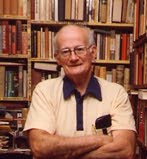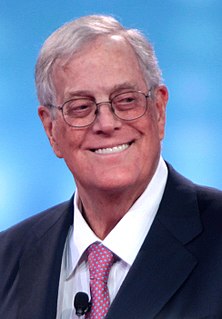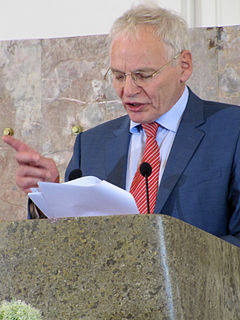A Quote by Alexandra Petri
Harvard prides itself on its diversity - economic, racial, social, geographical - but it remains intellectually segregated. It's not what conservative commentators seem to imagine - a bastion of liberal professors force-feeding radical opinions to a naive student body.
Related Quotes
I think overall, from a deputy, from an undersecretary standpoint, the goal of a good leader is to get diversity across there. Geographical diversity is important. Industry diversity is important: you can't have all corn growers... Not only that, you've got gender diversity, you've got racial diversity.
In my estimation, there should always be a mixture of economic liberalism - which means small government, a great emphasis on markets - but also a certain degree of social conservatism, not to favor change unless that change is beneficial. So I describe myself as an economic liberal and a social conservative.
Do not be deceived by the way men of bad faith misuse words and names … Things are set up as contraries that are not even in the same category. Listen to me: the opposite of radical is superficial, the opposite of liberal is stingy; the opposite of conservative is destructive. Thus I will describe myself as a radical conservative liberal; but certain of the tainted red fish will swear that there can be no such fish as that. Beware of those who use words to mean their opposites. At the same time have pity on them, for usually this trick is their only stock in trade.
Whether you are liberal or conservative, people seem to know the talking points for whatever the issue of the day is. Very rarely does it seem like these are opinions that people are coming up with themselves; it's like they watched the right cable news channel, and now they know what they are supposed to think, and they repeat that.
The notion of a healthy society, of capable people who are able to enjoy life, arose in the liberal, middle-class, leftist and non-religious segments of society. The euthanasia idea came from neither the radical right-wing nor the conservative corner. It was and remains part of the modern age and progressive thought.
Michael J. Copps, acting FCC chairman, has denounced the lack of racial and gender diversity in the broadcast industry as 'a shameful state of affairs.' Unsurprisingly, his proposed corrective is to force the transfer of station ownership to greater numbers of minorities, who are statistically more likely to carry liberal talk shows.
When we talk about the word 'socialism,' I think what it really means is just democratic participation in our economic dignity and our economic, social, and racial dignity. It is about direct representation and people actually having power and stake over their economic and social wellness, at the end of the day.
































